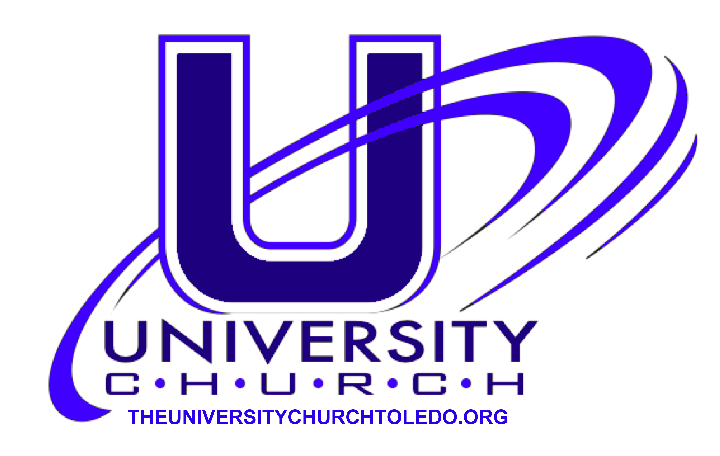
As we continued our discussion of how God is known in the world, we began to discuss “miracles”. We considered a range of possible definitions for “miracles”, none of which pleased everyone.
A typical dictionary definition of “miracle” is found at Dictionary.com (based on the Random House Unabridged Dictionary, copyright by Random House, Inc. 2006):
mir‧a‧cle [mir-uh-kuhl] –noun
1. an effect or extraordinary event in the physical world that surpasses all known human or natural powers and is ascribed to a supernatural cause.
2. such an effect or event manifesting or considered as a work of God.
3. a wonder; marvel.
4. a wonderful or surpassing example of some quality: a miracle of modern acoustics.
5. miracle play.
[Origin: 1125–75; ME miracle, miracul (< OF miracle) < L mīrāculum, equiv. to mīrā(rī) to wonder at + -culum -cle2]
The notion of a miracle as something that violates a law of nature was seen as problematic in two ways. First, if God is the author of the laws of nature, then to violate them makes God appear irrational (Baruch Spinoza, 1632 – 1677, took this position). Second, at least in theory the laws of nature come about by observing events in the universe and deducing the rules which govern the events. So, if “miracles” are real, observable events, then the laws of nature (again, this is “in theory”) should account for them.
The basic options seem to be (i) God acts in and through the laws of nature (“immanentism”) or God intervenes directly in the world (“interventionism”).
As an example of interventionism, consider Charles Hodge who wrote of three classes of divine action: (i) Laws of nature, (ii) Action of the Holy Spirit (justification, regeneration, sanctification, etc.), and (iii) Events outside classes 1 and 2 (brought about by the ““simple volition of God””; e.g. creation, miracles).
Contrast this position with Schleiermacher’s immanentist approach. He saw a “miracle” as, simply, an “event”. Here the idea is that God is universally present and acts continually and creatively through processes of nature and history. This position accords with the modern scientific view more readily, it rejects the idea that God’s “laws of nature” are not good enough to achieve God’s ends and so God must intervene, and it keeps a “consistent” God.
H. Strong (a conservative theologian in the sense of seeing Scripture as revelation attested by miracles) took an interesting position: “A miracle is an event in nature, so extraordinary in itself and so coinciding with prophecy or command of a religious teacher or leader, as to fully warrant the conviction …. that God has wrought it…” (i.e. God works immanently!)
The idea in Strong’s discussion might be illustrated by the narrative of Jesus calming a storm. There is nothing odd about a storm ending (all of them end eventually) and there is nothing odd about someone saying (paraphrasing) “I wish this storm would end”. What is odd in the narrative is the coincidence of the person (Jesus) speaking and the storm ending.
As part of our discussion on miracles, we branched out into a conversation about prayer. People often pray for “miracles” and for direct intervention by God into the affairs of the world. We talked about how one’s conception of prayer and how it works is a reflection of one’s conception of God. Several intersting questions arose which will require more conversation:
Does God really count how many people are praying for a given event (if not, why do we use prayer chains at churches?).
Why does God answer one prayer but not another when they appear in essence to be identical?
Is God changed by prayers?
In what sense is prayer an act of solidarity by a community?
More questions for another time…….

Justin sent me this quote on miracles to add here: “A miracle is a work exceeding the power of any created agent, consequently being an effect of divine omnipotence.” — Robert South. I think that this is actually different from any other definition we’ve seen so far. Creation of the universe, for example, might have occurred by a natural process but it is one beyond the “power of any created agent” to initiate (at least, I think it is, given that we have no idea what happens at a singularity in physics.